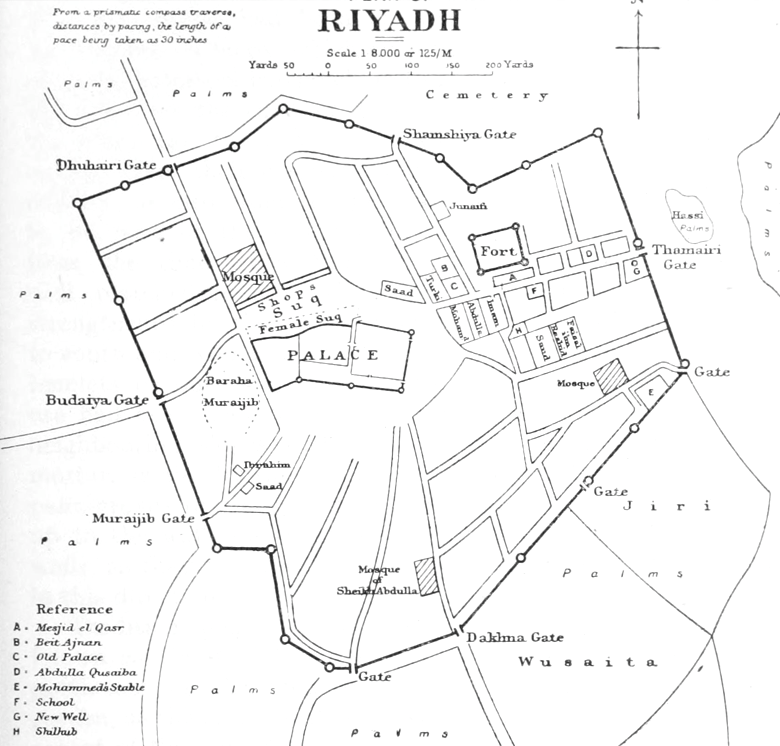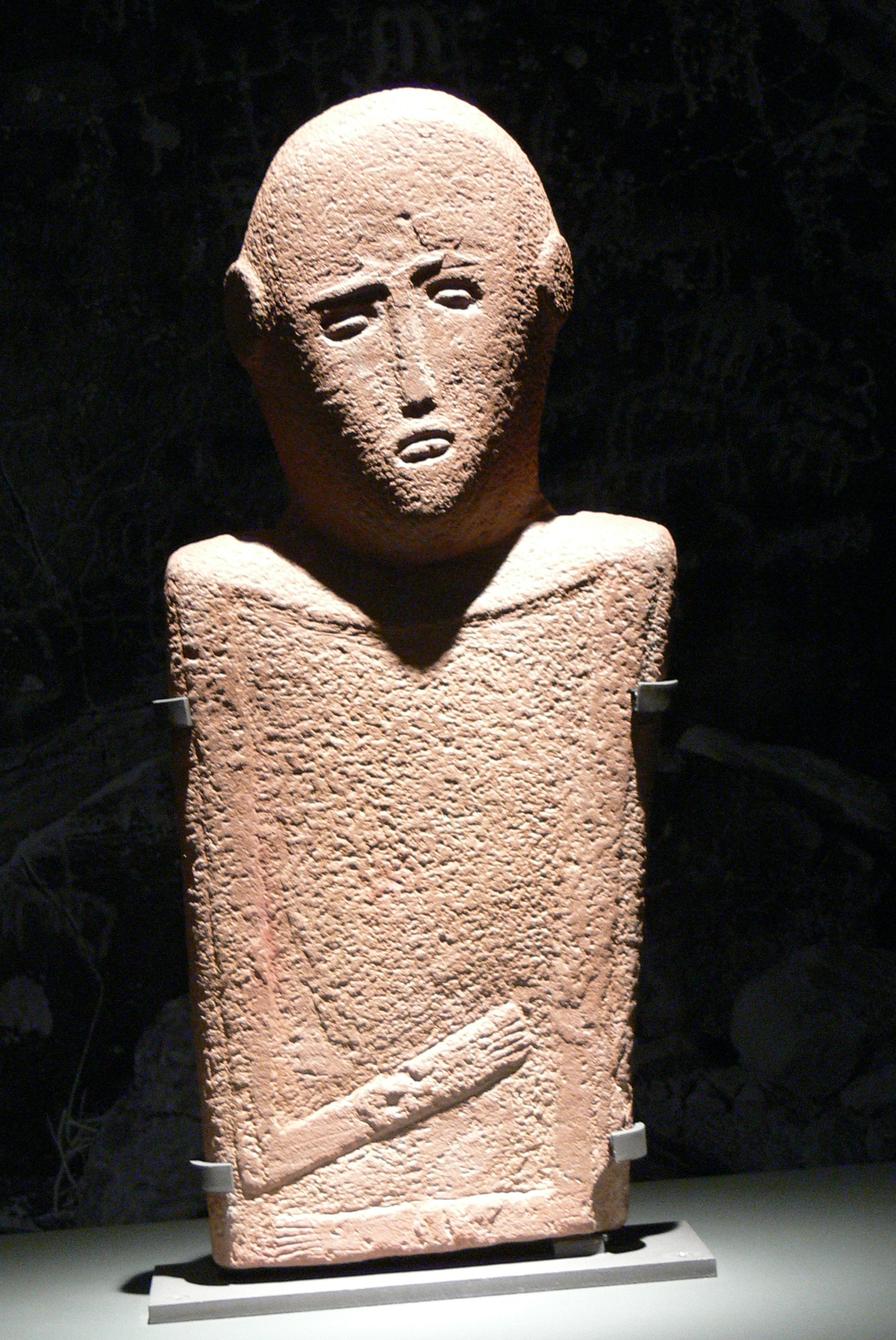|
Ministry Of Economy And Planning
The Ministry of Economy and Planning (MEP) () is one of the governmental bodies of Saudi Arabia and part of the cabinet. The ministry has the function of developing and implementing five-year plans which reflect the long-term economical targets of the country. The ministry is assumed by Faisal bin Fadel bin Mohsen Al-Ibrahim, who was assigned to it on May 2, 2021, to succeed the designated Minister of Finance, Muhammad Abdullah Al-Jadaan. History The ministry of economy and planning was established in 1953. However, the body was not functional and was disestablished in 1954. The ministry of economy and planning was formed in 2003 when the ministry of planning and economy department were merged. Until 2003 the ministry of economy and planning was in charge of development and implementation of five-year plans. The ministry is based in Riyadh. Since its foundation in 2003, the ministry has been headed by three ministers. The first minister was Khalid bin Mohammed Al Gosaibi who w ... [...More Info...] [...Related Items...] OR: [Wikipedia] [Google] [Baidu] |
Council Of Ministers Of Saudi Arabia
The Saudi Council of Ministers ( ''Majlis al-Wuzarā' as-Su'ūdī'') is the Cabinet (government), cabinet of the Kingdom of Saudi Arabia. It is led by the King of Saudi Arabia, King. The council consists of the king, the Crown Prince of Saudi Arabia, Crown Prince, and cabinet ministers. The Crown Prince is also the Prime Minister of Saudi Arabia, Prime minister and Chairman of the Council of Ministers. Since 2015, there are 23 ministers with portfolio and seven ministers of state, two of whom have special responsibilities. All members of the council are appointed by royal decree. The Council of Ministers was established by King Abdulaziz in 1953. It is responsible for "drafting and overseeing the implementation of the internal, external, financial, economic, educational and defense policies, and general affairs of the state." It functions in accordance with the Basic Law of Saudi Arabia and is advised by the Consultative Assembly of Saudi Arabia, Consultative Assembly. Legislatio ... [...More Info...] [...Related Items...] OR: [Wikipedia] [Google] [Baidu] |
Riyadh
Riyadh is the capital and largest city of Saudi Arabia. It is also the capital of the Riyadh Province and the centre of the Riyadh Governorate. Located on the eastern bank of Wadi Hanifa, the current form of the metropolis largely emerged in the 1950s as an offshoot of the 18th century Walled town of Riyadh, walled town following the dismantling of its Riyadh city fortifications, defensive fortifications. It is the List of Arabian cities by population, largest city on the Arabian Peninsula, and is situated in the center of the An Nafud, an-Nafud desert, on the eastern part of the Najd plateau. The city sits at an average of above sea level, and receives around 5 million Tourism in Saudi Arabia, tourists each year, making it the List of cities by international visitors, forty-ninth most visited city in the world and the 6th in the Middle East. Riyadh had a population of 7.0 million people in 2022, making it the List of cities in Saudi Arabia, most-populous city in Saudi Arabia, ... [...More Info...] [...Related Items...] OR: [Wikipedia] [Google] [Baidu] |
Faisal F
Faisal, Faisel, Fayçal or Faysal () is an Arabic given name. Faisal, Fayçal or Faysal may also refer to: People * King Faisal (other) ** Faisal I of Iraq and Syria (1885–1933), leader during the Arab Revolt ** Faisal II of Iraq (1935–1958), last King of the Kingdom of Iraq ** Faisal of Saudi Arabia (1906–1975), third King of Saudi Arabia * Faisal Al-Fayez (born 1952), Prime Minister of Jordan * Faisal al-Duwaish (1882–1931), Arabian tribe sheik * Faisal Amin Abu-Rass (born 1957), Yemeni diplomat * Faisal Basri (1959-2024), Indonesian economist and politician * Faisal Buressli (born 1961), Kuwaiti basketball player and coach * Faisal Karami (born 1971), Lebanese politician * Faisal bin Abdullah Al Saud (born 1950), Saudi royal * Faisal bin Bandar Al Saud (born 1945), Saudi government official * Faisal bin Bandar Al Saud, Saudi royal and businessman * Faisal bin Khalid Al Saud (born 1973), Saudi government official * Faisal bin Mishaal Al Saud (born 1959 ... [...More Info...] [...Related Items...] OR: [Wikipedia] [Google] [Baidu] |
Saudi Arabia
Saudi Arabia, officially the Kingdom of Saudi Arabia (KSA), is a country in West Asia. Located in the centre of the Middle East, it covers the bulk of the Arabian Peninsula and has a land area of about , making it the List of Asian countries by area, fifth-largest country in Asia, the largest in the Middle East, and the List of countries and dependencies by area, 12th-largest in the world. It is bordered by the Red Sea to the west; Jordan, Iraq, and Kuwait to the north; the Persian Gulf, Bahrain, Qatar and the United Arab Emirates to the east; Oman to the southeast; and Yemen to Saudi Arabia–Yemen border, the south. The Gulf of Aqaba in the northwest separates Saudi Arabia from Egypt and Israel. Saudi Arabia is the only country with a coastline along both the Red Sea and the Persian Gulf, and most of Geography of Saudi Arabia, its terrain consists of Arabian Desert, arid desert, lowland, steppe, and List of mountains in Saudi Arabia, mountains. The capital and List of cities ... [...More Info...] [...Related Items...] OR: [Wikipedia] [Google] [Baidu] |
Cabinet Of Saudi Arabia
The Saudi Council of Ministers ( ''Majlis al-Wuzarā' as-Su'ūdī'') is the cabinet of the Kingdom of Saudi Arabia. It is led by the King. The council consists of the king, the Crown Prince, and cabinet ministers. The Crown Prince is also the Prime minister and Chairman of the Council of Ministers. Since 2015, there are 23 ministers with portfolio and seven ministers of state, two of whom have special responsibilities. All members of the council are appointed by royal decree. The Council of Ministers was established by King Abdulaziz in 1953. It is responsible for "drafting and overseeing the implementation of the internal, external, financial, economic, educational and defense policies, and general affairs of the state." It functions in accordance with the Basic Law of Saudi Arabia and is advised by the Consultative Assembly. Legislation must be ratified by a royal decree. It meets every Tuesday and is chaired by the Crown Prince in his capacity as Prime Minister or one of his ... [...More Info...] [...Related Items...] OR: [Wikipedia] [Google] [Baidu] |
Muhammed Al-Jasser
Muhammad Sulaiman Al Jasser (Arabic: محمد سليمان الجاسر; born 1955) is a Saudi economist who is currently the chairman of the Islamic Development Bank (IsDB) group former advisor at the General Secretariat of the Council of Ministers of Saudi Arabia and chairman of the General Authority for Competition. He served as minister of economy and planning between 2011 and 2015. He also previously served as governor and board chairman of the Saudi Arabian Central Bank (SAMA) between 2009 and 2011. Prior to that, he served as executive director at the International Monetary Fund (IMF) between 1990 and 1995. Early life and education Al Jasser was born in Buraidah in 1955. He studied economics at San Diego State University (BA in 1979), and the University of California, Riverside (MA in 1981 and PhD in 1986). Career Al Jasser began his career at the Saudi finance ministry in 1981. He was named the executive director for Saudi Arabia at the International Monetary Fund ... [...More Info...] [...Related Items...] OR: [Wikipedia] [Google] [Baidu] |
Development Plan
A development plan sets out a local authority's policies and proposals for land use in their area. The term is usually used in the United Kingdom. A local plan is one type of development plan. The development plan guides and shapes day-to-day decisions as to whether or not planning permission should be granted, under the system known as '' development control'' ('' development management'' in Scotland). In order to ensure that these decisions are rational and consistent, they must be considered against the development plan adopted by the authority, after public consultation and having proper regard for other material factors. Section 38(6) of the Planning and Compulsory Purchase Act 2004 (replacing Section 25 of Town and Country Planning (Scotland) Act 1997 and Section 54A of the Town and Country Planning Act 1990) requires that decisions made should be in accordance with the development plan unless material considerations indicate otherwise. Although development plans do not ... [...More Info...] [...Related Items...] OR: [Wikipedia] [Google] [Baidu] |
Ministries Of Saudi Arabia
This is a list of ministries of the Government of Saudi Arabia The politics of Saudi Arabia takes place in the context of a unitary absolute monarchy, along traditional Islamist lines, where the King is both the head of state and government. Decisions are, to a large extent, made on the basis of consult .... List References Government of Saudi Arabia {{improve categories, date=January 2024 ... [...More Info...] [...Related Items...] OR: [Wikipedia] [Google] [Baidu] |
2003 Establishments In Saudi Arabia
3 (three) is a number, numeral and digit. It is the natural number following 2 and preceding 4, and is the smallest odd prime number and the only prime preceding a square number. It has religious and cultural significance in many societies. Evolution of the Arabic digit The use of three lines to denote the number 3 occurred in many writing systems, including some (like Roman and Chinese numerals) that are still in use. That was also the original representation of 3 in the Brahmic (Indian) numerical notation, its earliest forms aligned vertically. However, during the Gupta Empire the sign was modified by the addition of a curve on each line. The Nāgarī script rotated the lines clockwise, so they appeared horizontally, and ended each line with a short downward stroke on the right. In cursive script, the three strokes were eventually connected to form a glyph resembling a with an additional stroke at the bottom: ३. The Indian digits spread to the Caliphate in the 9th ... [...More Info...] [...Related Items...] OR: [Wikipedia] [Google] [Baidu] |
Ministries Established In 2003
Ministry may refer to: Government * Ministry (collective executive), the complete body of government ministers under the leadership of a prime minister * Ministry (government department), a department of a government Religion * Christian ministry, activity by Christians to spread or express their faith ** Minister (Christianity), clergy authorized by a church or religious organization to perform teaching or rituals ** Ordination, the process by which individuals become clergy * Ministry of Jesus, activities described in the Christian gospels * ''Ministry'' (magazine), a magazine for pastors published by the Seventh-day Adventist Church Music * Ministry (band), an American industrial metal band * Ministry of Sound, a London nightclub and record label Fiction * Ministry of Magic, governing body in the ''Harry Potter'' series * Ministry of Darkness, a professional wrestling stable led by The Undertaker See also * Minister (other) * Department (other) * ... [...More Info...] [...Related Items...] OR: [Wikipedia] [Google] [Baidu] |
Economy Of Saudi Arabia
The economy of Saudi Arabia is highly reliant on its petroleum sector. Oil accounts for approximately 30% of Saudi GDP and 55% of government revenue, with substantial fluctuations depending on oil prices each year. The kingdom has the second-largest proven petroleum reserves, and the fourth-largest measured natural gas reserves. Saudi Arabia is currently the largest exporter of petroleum in the world. Other major parts of the economy include refining and chemical manufacturing from the oil reserves, much of which is vertically integrated in the state-owned enterprise, Saudi Aramco. Saudi Arabia is a permanent and founding member of OPEC. In 2016, the Saudi government launched its Saudi Vision 2030 program to reduce its dependency on oil and diversify its economic resources. By 2022, Saudi Arabia had only modestly reduced its dependence on oil. Monetary policy in Saudi Arabia is anchored by the fixed exchange rate of the Saudi Riyal to the U.S. Dollar. Nearly every maj ... [...More Info...] [...Related Items...] OR: [Wikipedia] [Google] [Baidu] |


